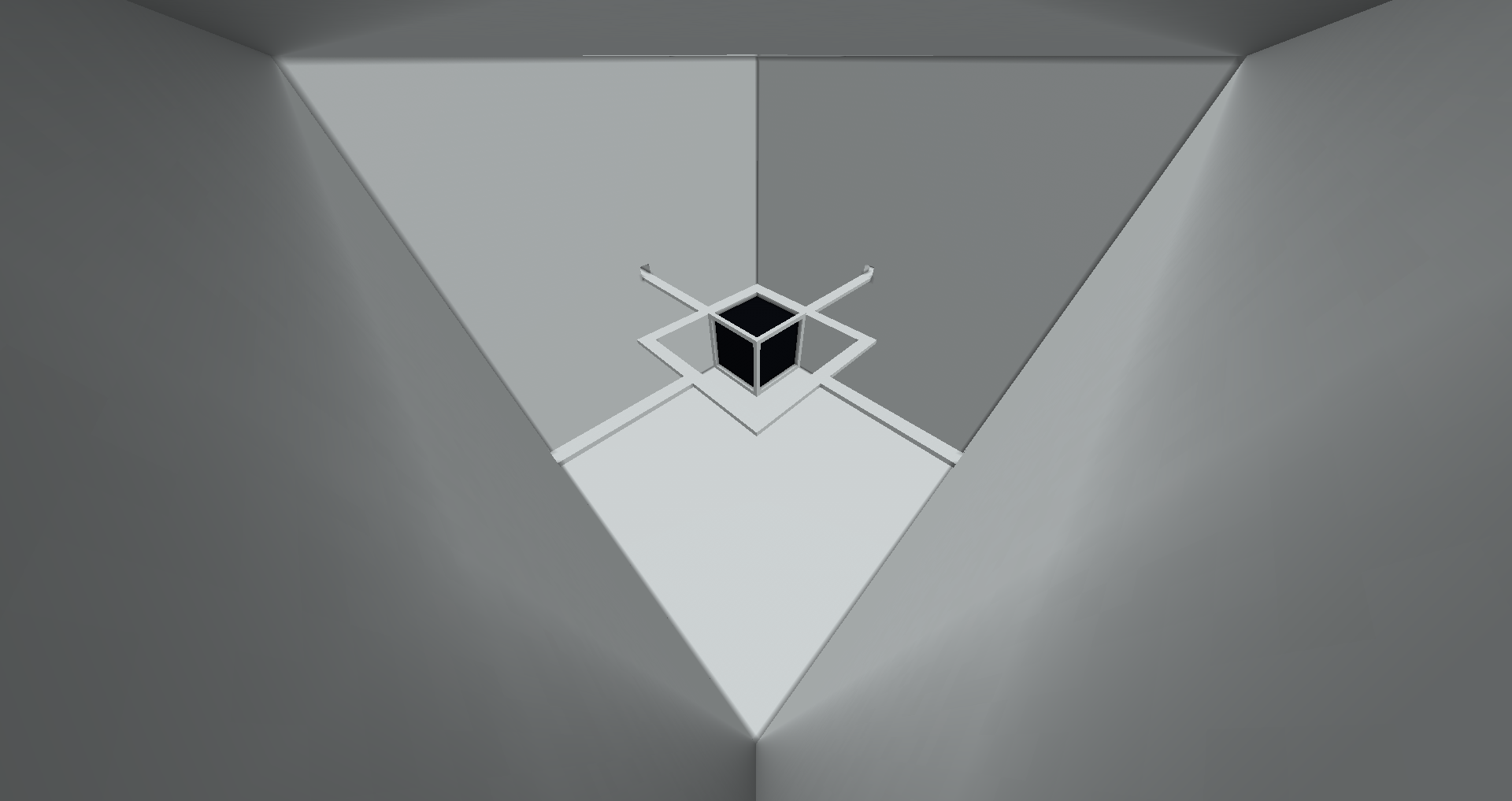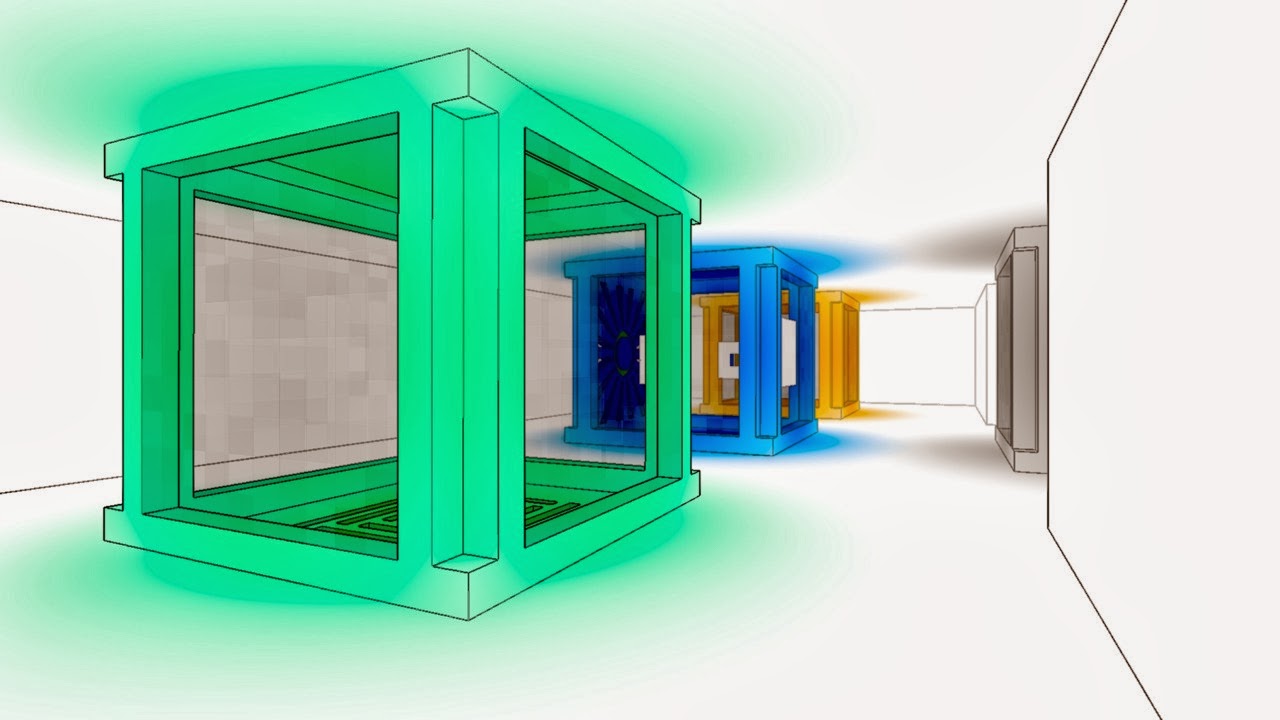
And a puzzle game you can't trust is seldom that much fun. It also has an inconsistency that provides it with many entertainingly trippy and confounding moments, but which ultimately makes it untrustworthy. It's very clever, it's very pleased with its own cleverness, and it's unwilling to let you enjoy a sense of victory over it. It comes across as Bruce condescendingly reminding you that he's always one step ahead.Īntichamber is a deeply self-conscious game, then, and it's a bit smug with it.

I can't tell if their use is supposed to be ironic or not - but it's irritating either way. Click on it and you'll read a cheesy motivational slogan straight off some kitten-festooned office poster: "Dig a little deeper and you may find something new," or "If you never stop trying, you will get there eventually." Usually these reflect on the puzzle you've just solved.

After defeating a puzzle, you'll find a sketchy allegorical cartoon on the wall: a dog chasing its own tail, maybe, or a man pushing a stone up a mountain. There's one incongruous human touch in all this lab-engineered intellectual torture. Visually, it couldn't be any more stark - it's etched in hard, angular monochrome and splashed with lurid neon - while the soundtrack of whining wind and distant animal calls is pure doomy alienation.

It's a wilfully cruel first-person puzzle game that loves to trick the player with rule changes, visual sleights, false walls and impossible spaces as well as some testing logic problems. Alexander Bruce's Antichamber is a game that delights in its own inhumanity.


 0 kommentar(er)
0 kommentar(er)
